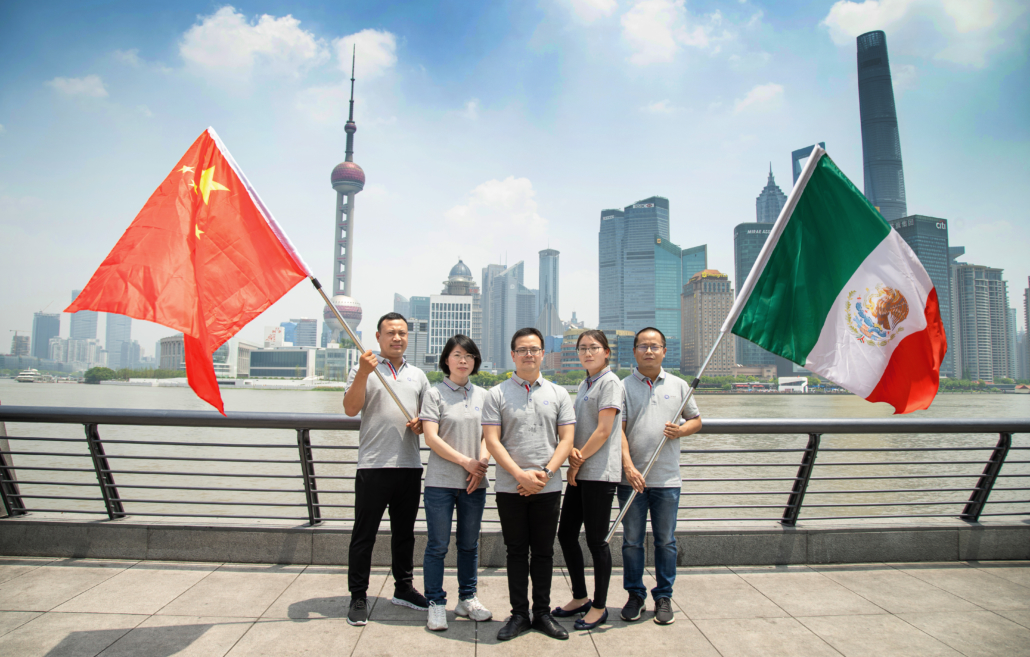In Monterrey, Man Wah Furniture’s factory churns out reclining armchairs and plush leather sofas, proudly stamped with the label “Made in Mexico”. Despite its Chinese origins, the company has invested in Mexican manufacturing, catering to major U.S. retailers like Costco and Walmart.
This triangular relationship between the U.S., China, and Mexico has sparked a significant trend in Mexican business: nearshoring.
Chinese firms, seeking to circumvent tariffs and sanctions imposed amidst the U.S.-China trade war, have relocated to industrial parks in northern Mexico, strategically positioning production closer to the lucrative U.S. market.
Yu Ken Wei, the company’s general manager, explains the rationale behind this move, emphasizing its economic and logistical advantages.

With plans to expand production in Mexico to rival its operations in Vietnam, Man Wah has already employed 450 people in Monterrey, with aspirations to reach over 1,200 employees in the coming years.
Mexican workers’ productivity and adaptability are praised by Mr. Yu, highlighting Mexico’s strategic appeal in labor considerations. Nearshoring has indeed injected vitality into the Mexican economy, reflected in the 5.8% increase in total exports to $52.9 billion by June of last year.
The momentum of nearshoring shows no signs of waning, with substantial capital investments pouring into Mexico, underscoring its sustained attractiveness to foreign investors.
Industrial parks, like Hofusan, housing factories such as Man Wah’s, are in high demand, with every available plot already claimed.
Former Mexican vice-minister for external trade, Juan Carlos Baker Pineda, believes that structural factors will ensure the longevity of Mexico’s appeal to foreign investors, regardless of fluctuations in U.S.-China relations.
Mexico’s strategic position as the U.S.’s leading trading partner underscores its pivotal role in this geopolitical world.

However, some caution against Mexico’s entanglement in the broader U.S.-China rivalry. Enrique Dussel of the Centre for China-Mexico Studies warns of Mexico’s vulnerability to geopolitical tensions, urging a cautious approach amid evolving dynamics.
Despite potential challenges, optimism persists among proponents of nearshoring. Juan Carlos Baker Pineda stresses the need for Mexico to capitalize on this trend, aligning domestic conditions with corporate and government initiatives to sustain long-term growth.
As Mexican seamstresses meticulously craft furniture bound for American households, the intricate geopolitics underpinning production may go unnoticed by consumers.
Yet, whether nearshoring is viewed as a strategic gateway to the U.S. market or a consequence of superpower rivalry, it remains Mexico’s key advantage in going through the complexities of global trade.






Leave a Reply